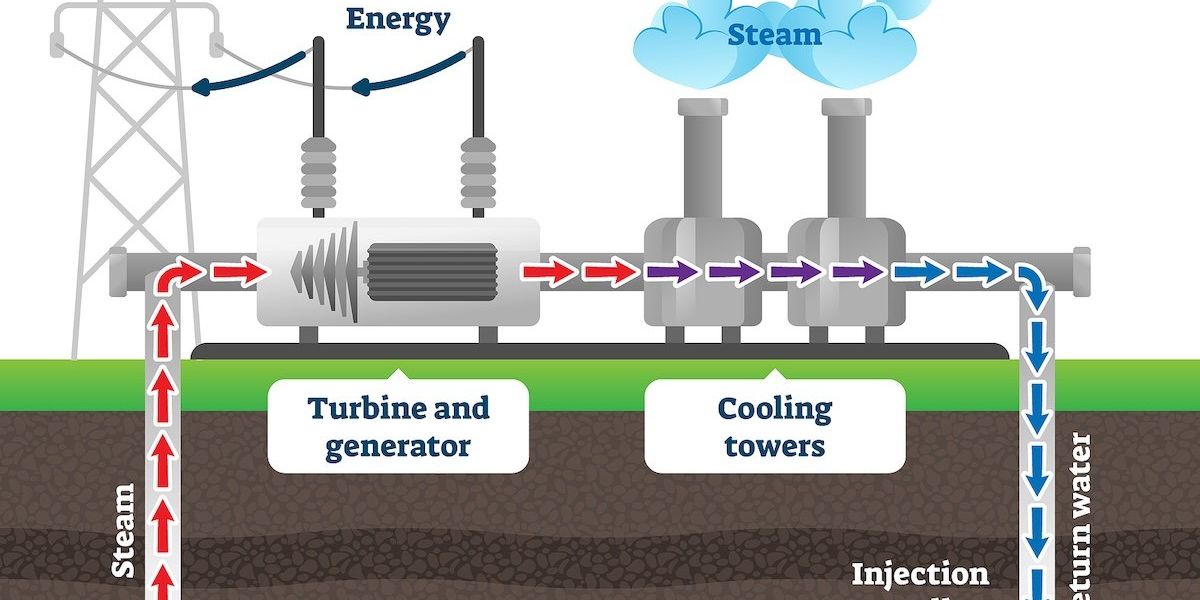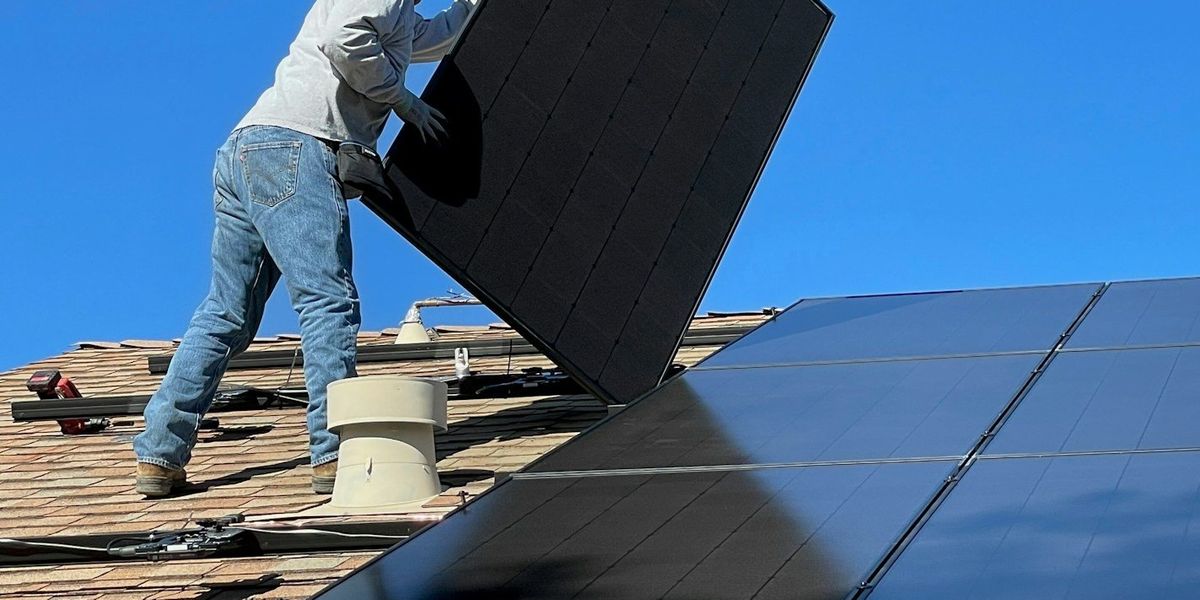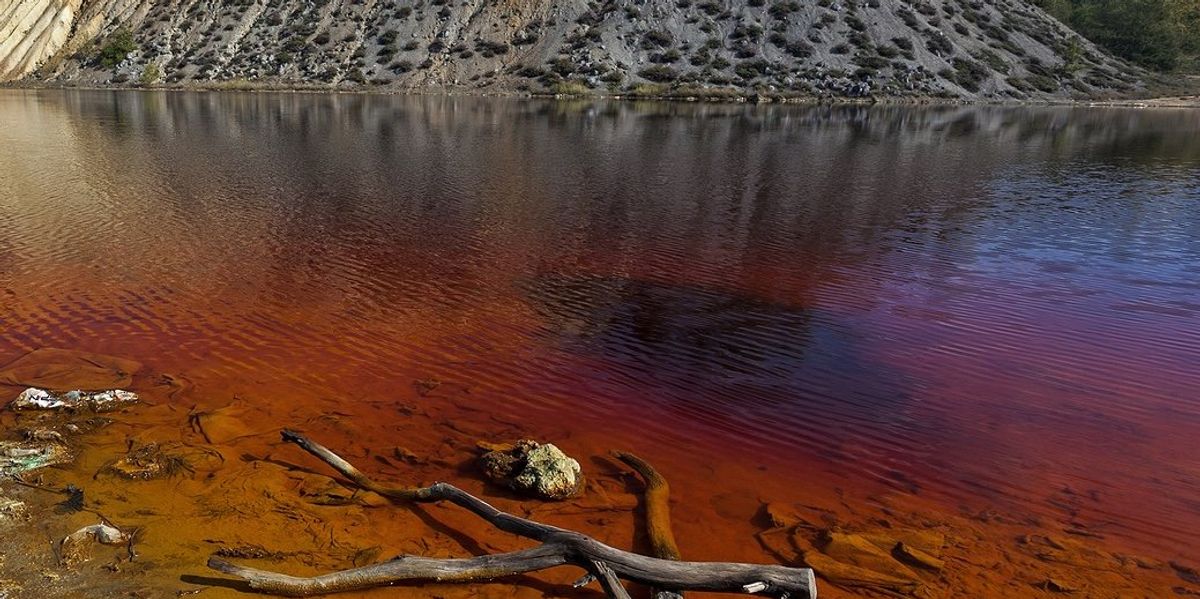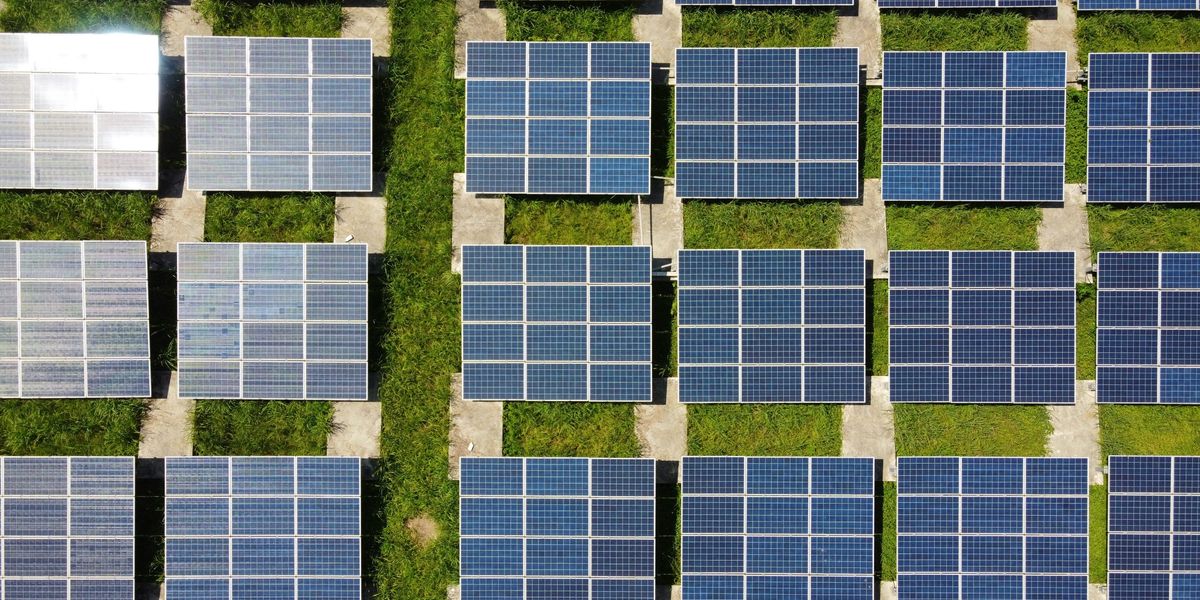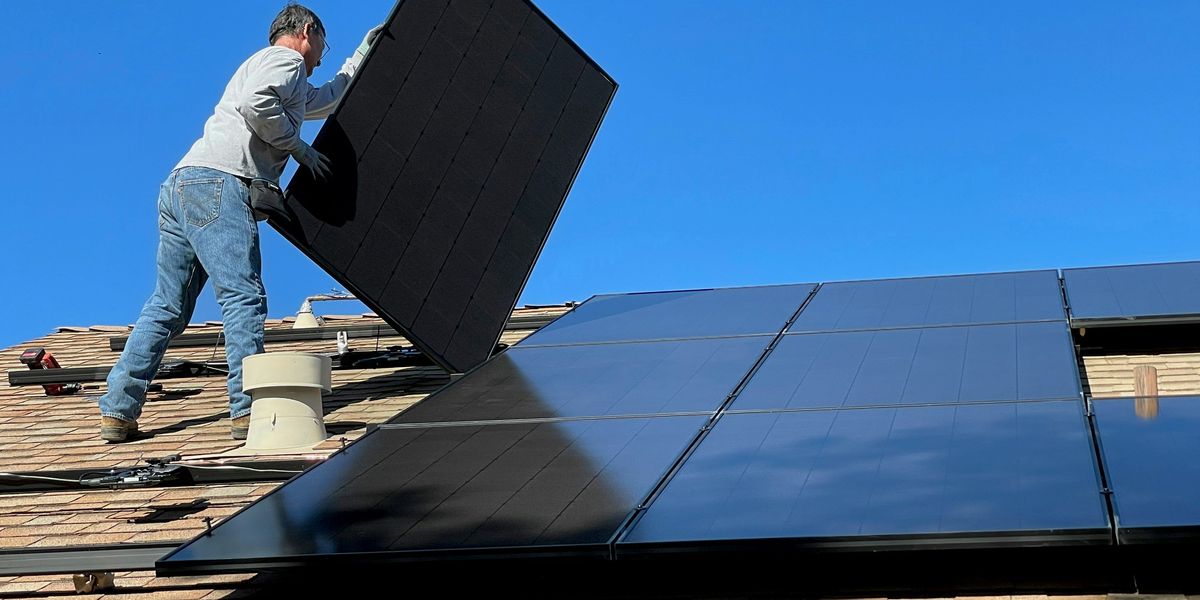
USAID shuts down climate programs aimed at preventing unrest
The Trump administration’s efforts to dismantle the U.S. Agency for International Development (USAID) have halted programs designed to mitigate conflicts fueled by climate change, leaving vulnerable regions without critical support.
Somini Sengupta reports for The New York Times.
In short:
- USAID programs that helped manage water resources, prevent famine, and provide job training in unstable regions have been shut down as the administration's pushes to dismantle the agency.
- A federal court issued a temporary restraining order, but much of the aid work has already stopped, including projects that supported climate resilience in Niger, Iraq, Kenya, and Ethiopia.
- Security experts warn that climate-driven crises, such as water shortages and failed crops, increase the risk of violence and extremism, making these programs vital to global stability.
Key quote:
“People will be measurably less able to cope with climate shocks. In some cases, people will die of hunger.”
— Anonymous aid-agency staff member
Why this matters:
Climate change is already straining water and food supplies, fueling conflicts in regions where resources are scarce. USAID projects helped communities adapt, reducing tensions over land and water and preventing extremist recruitment. Without these initiatives, vulnerable populations face greater hardship, potentially leading to more instability and violence. The U.S. National Intelligence Council has warned that climate threats will increasingly affect national and global security. As extreme weather worsens, the loss of these programs could have long-term geopolitical consequences.
Related: Musk-backed effort threatens USAID’s climate programs


